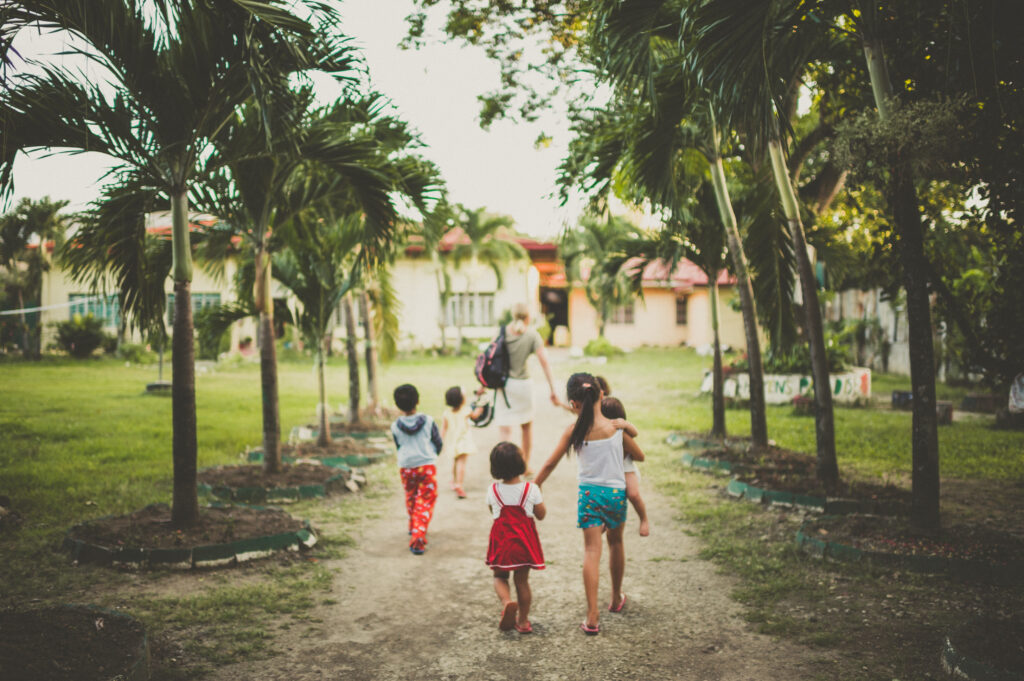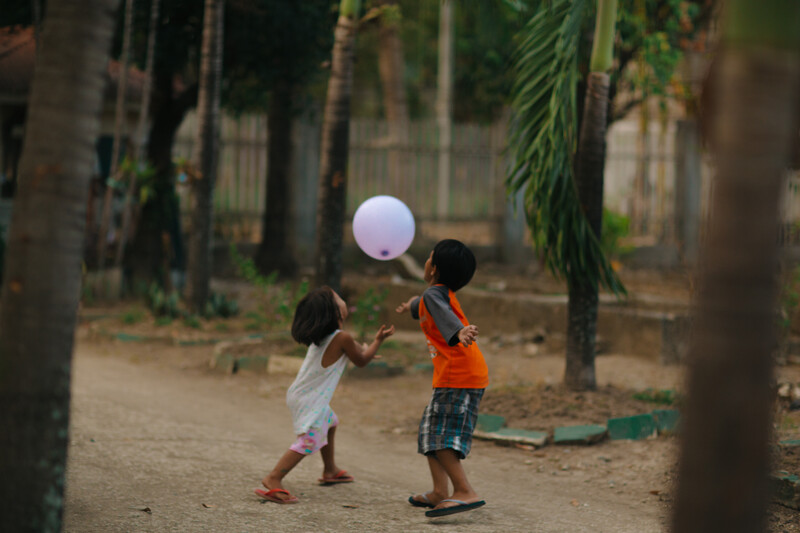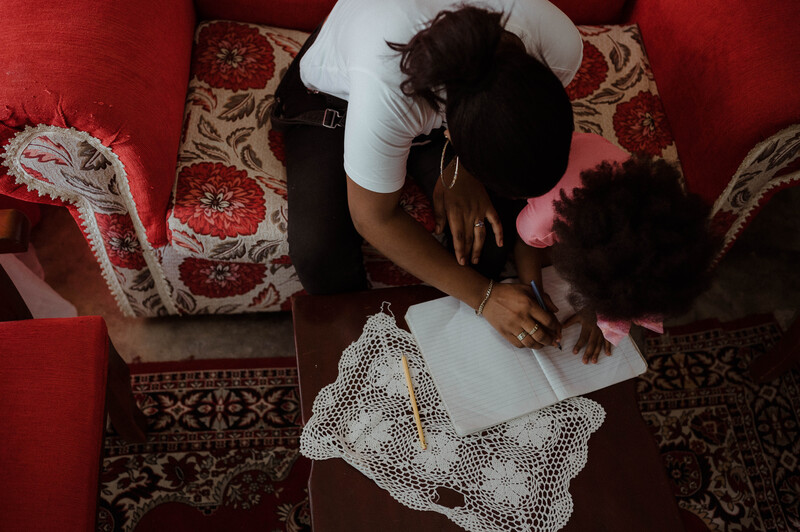
Francesca’s* father was fiercely protective of her, and for good reason. His family lived in a dangerous region of the Dominican Republic (DR) where it was not uncommon for women and girls to be robbed, violently assaulted or trafficked. He often warned Francesca not to go out alone or talk to strangers because he feared someone would eventually take advantage of her trusting, friendly disposition. But it was part of her nature to see the best in people.
“My dad would say, ‘Sweetheart, if anyone comes knocking on the door don’t open it like you do sometimes, there are robbers that will break in and hurt you,’” she recalls.
She was only 16 years old when her father’s biggest fear became a reality.
Francesca had become friends with a girl named Maria*, who convinced her to sneak away for a trip to the beach. But they never made it to the beach. Instead, Francesca was tricked, and Maria delivered her into the hands of a trafficker.
Her father wouldn’t see her again for months.
A powerful reason for hope in the face of a global epidemic of slavery
For decades, Francesca’s vulnerability wasn’t the exception for young girls and women in the Dominican Republic, it was the rule. According to a report by the U.S. government, the Dominican Republic was recognised as a global hotspot for child sex trafficking in 2013.
In 2013, the Dominican Republic invited IJM to help tackle child sex trafficking using the same proven method responsible for reductions in violence in other territories: justice system strengthening.
By the time IJM began to address the prevalence of child sexual exploitation in the Dominican Republic, authorities in the country had already been hard at work for a decade. Local officials were first moved to act in 2003 after the ILO released a staggering report. Out of the 25,000 to 35,000 female sex workers in the DR, an estimated 60% of them had entered the industry as children.
Child sex trafficking was rampant throughout the country. Sex tourism flourished as people from Canada, the U.S., Germany, Australia and all over the world travelled to the Dominican Republic to exploit children. At that time, if you sold a child for sex in the DR, you would be more likely to win the lottery jackpot than to receive a conviction. Since neither traffickers nor customers feared any consequence for their actions, children were easily bought and sold.
In child sex trafficking hotspots around the world, children are typically sold out of bars and brothels – openly, but with a slight pretense of discretion. In the Dominican Republic, there was no need to be subtle; children were sold in the streets.
But everything was about to change.
The inauguration of the IJM Dominican Republic office took place in February 2015. A few months later, IJM helped the Dominican Police rescue Francesca from a bar where she had been trafficked, beaten and forced to sleep with multiple men every evening.
She was one of 10 minors rescued.
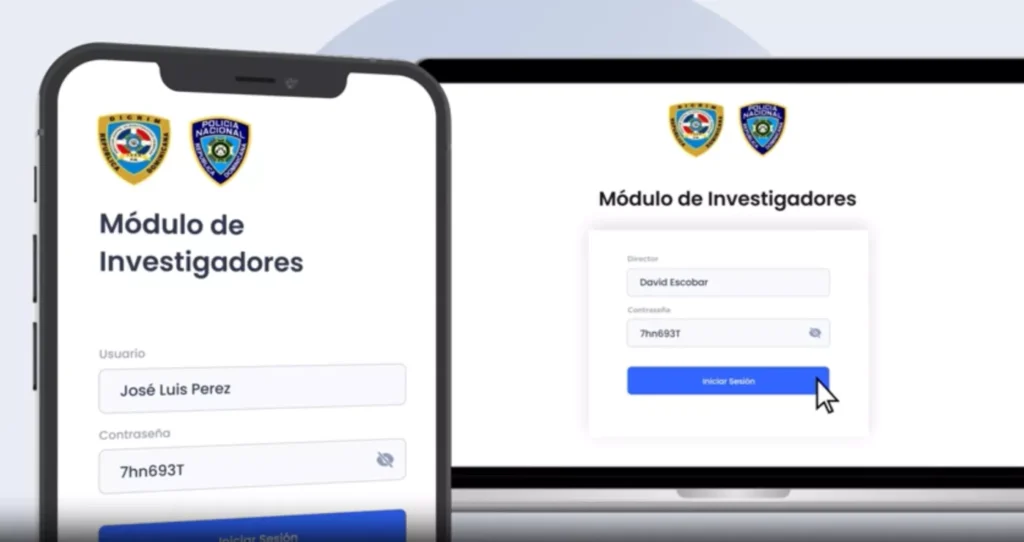
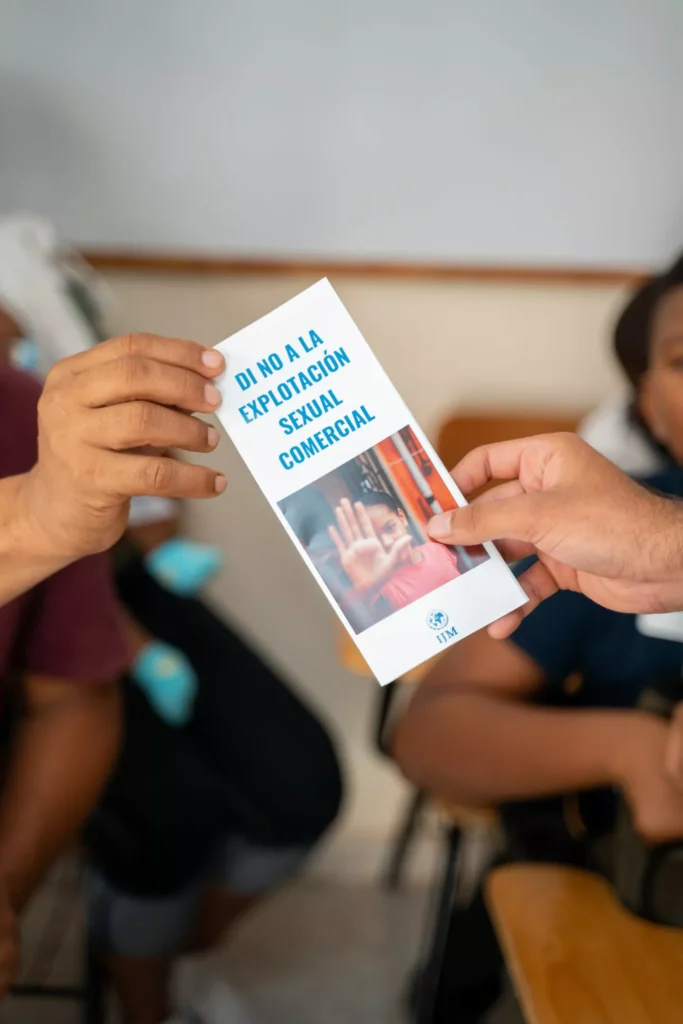
Repairing the holes of a leaking justice system pipeline
Through individual cases like Francesca’s, IJM experts and local authorities can uncover why legal systems fail to hold criminals accountable. The teams push cases through the justice system like water through a broken pipeline and take note of where points of weakness prevent the system from delivering justice. From there, a customised plan is built, not only to address the justice system’s limitations, but to equip local teams to fix potential issues in the future.
One of the barriers to achieving justice in the DR appeared right at the beginning of the process: victims rarely went to the police in the first place. People who were victimised either faced social pressure to remain silent or had no confidence that coming forward would lead to a meaningful outcome.
To address this, IJM engaged community leaders to help normalise and encourage the reporting of child sex trafficking crimes. IJM led trainings with local press on how to cover sex trafficking issues in the media and taught pastors how to recognise signs of trafficking so they could better protect vulnerable people in their communities. The establishment of a Global Survivor Network chapter “Cicatrices de Oro” (Scars of Gold) also gave survivors a platform to share their experiences. Further initiatives included training for law enforcement and electronic investigations systems.
The impact of justice can be measured. The feeling of safety is immeasurable.
After almost 10 years of collaboration with the Dominican Republic, IJM’s work supporting in the local justice system has yielded significant results. In 2022, IJM conducted several studies to measure the impact and answer a number of crucial questions: Did the prevalence of crime decrease? Did reporting increase? Are criminals being held accountable?
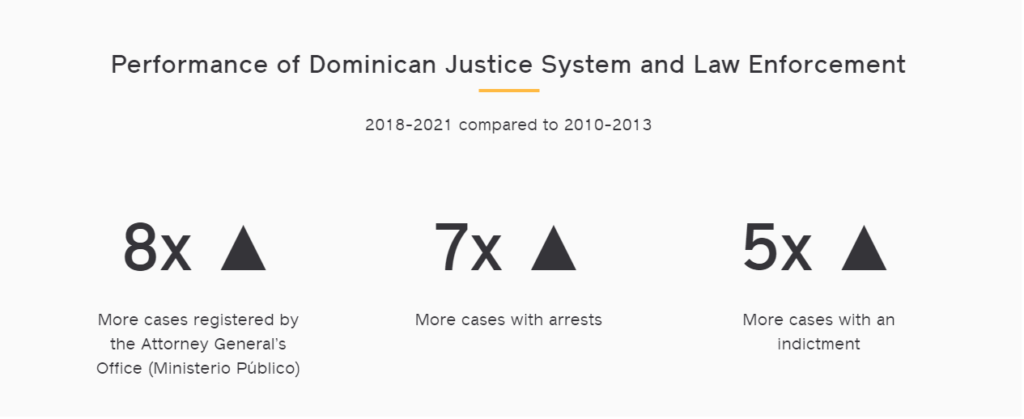
By 2022, there was a 78% decrease in the overall prevalence of commercial sexual exploitation of children in the Dominican Republic. Survivors like Francesca found healing and became advocates for change.
“My dream is to live in peace, tranquillity and with no fear. You know? I will not let anyone defeat me,” said Francesca.
What the stunning numbers cannot depict is a fundamental shift in culture: traffickers are now afraid of consequences. During the study, undercover investigators tested to see if they could purchase a minor for sex. One trafficker replied, “That’s not allowed. The police will arrest you.” Another trafficker responded, “It can’t be done there.”
The goal of IJM is not expansion, but rather to protect vulnerable people from violence by equipping local governments to better safeguard their own communities. So when IJM closes a field office, it means we are leaving behind a stronger, better equipped justice system capable of protecting those who need it most.
Because we have witnessed extraordinary change and are confident in our partners in the Dominican Republic, IJM concluded program work in the DR on 31 March 2023.
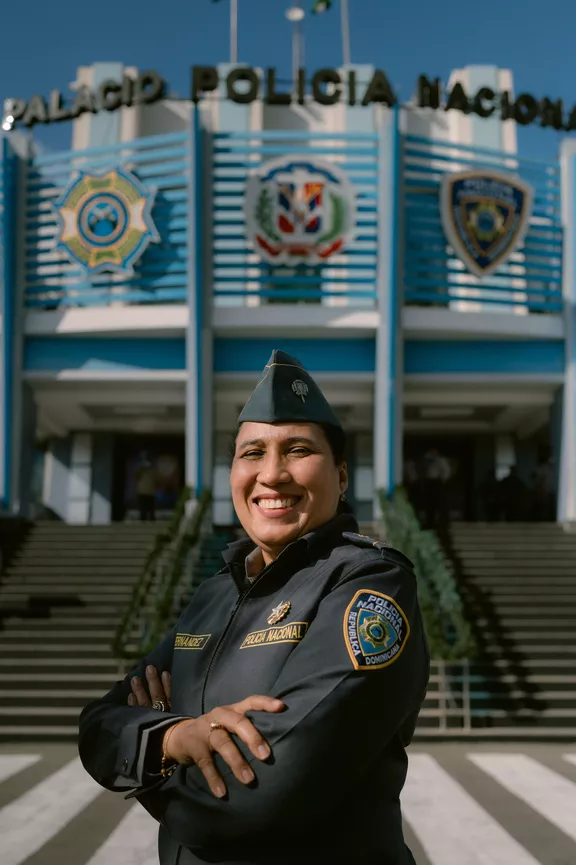
“The country is ready, their employees are ready, the structures are ready to act, so simply what we need for the Dominican authorities to remain with the political will to rescue the victims, to arrest the criminals and to continue to strengthen the Dominican public justice system”
– José Monteiro, Previous IJM Country Director, Dominican Republic



